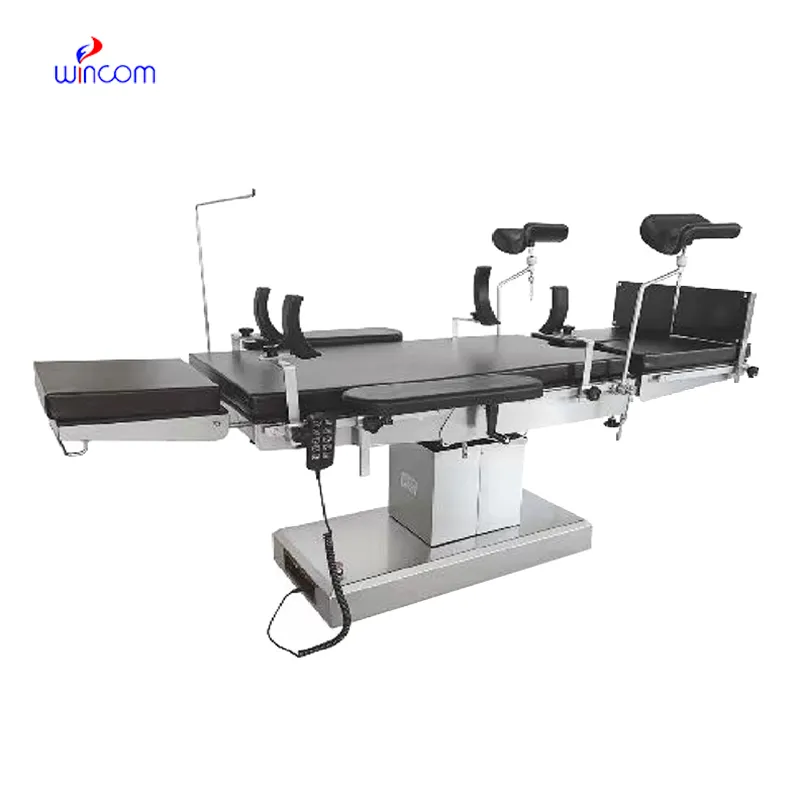
The upright mri machine takes advantage of the use of high-speed arrays of coils and gradient amplifiers to provide higher spatial resolution. The upright mri machine facilitates different diagnostic procedures such as brain mapping, musculoskeletal examinations, and vascular imaging. The upright mri machine offers smooth operation through automated calibration and intrinsic safety monitoring.

The upright mri machine is being increasingly used throughout research settings within the investigation of brain function, metabolism of organs, and tissue response under varying physiological conditions. The upright mri machine enables investigators to explore the change of blood flow, oxygenation, and structural integrity. The upright mri machine is continuing to expand its use within clinical and academic studies worldwide.

The future of the upright mri machine will be characterized by increased scanning speed and higher image quality through reconstruction facilitated by artificial intelligence. New algorithms will minimize noise levels while maximizing contrast and diagnostic efficacy. Cloud-based image processing will also be a feature of the upright mri machine, facilitating real-time collaborative efforts and elevated telemedicine integration into global networks.

To maintain the upright mri machine in working condition, staff should clean the patient table, coils, and bore space on a regular basis. The cryogenic system of the machine should be filled and inspected to prevent magnet quenching. The upright mri machine also need to be protected from power surges with specialized electrical stabilizers.
The upright mri machine is excellent at imaging soft tissue and has been a valuable asset in orthopedics, neurology, and oncology. Its magnets are able to create signals that are then reconstructed into precise anatomical images. The upright mri machine determines structural and functional disorders with unprecedented detail.
Q: What should patients avoid before an MRI scan? A: Patients should avoid wearing metal objects, such as jewelry, watches, or hairpins, as these can interfere with the MRI machine's magnetic field. Q: How does MRI help in brain imaging? A: MRI provides detailed views of brain structures, helping detect conditions such as tumors, aneurysms, multiple sclerosis, and stroke-related damage. Q: Can MRI scans be performed on children? A: Yes, MRI is safe for children since it doesn’t use radiation. In some cases, mild sedation may be used to help young patients remain still during scanning. Q: What is functional MRI (fMRI)? A: Functional MRI measures brain activity by detecting changes in blood flow, allowing researchers and doctors to study brain function and neural connectivity. Q: How are MRI images interpreted? A: Radiologists analyze the images produced by the MRI machine to identify abnormalities, tissue differences, or structural changes that are relevant to the diagnosis.
We’ve used this centrifuge for several months now, and it has performed consistently well. The speed control and balance are excellent.
The delivery bed is well-designed and reliable. Our staff finds it simple to operate, and patients feel comfortable using it.
To protect the privacy of our buyers, only public service email domains like Gmail, Yahoo, and MSN will be displayed. Additionally, only a limited portion of the inquiry content will be shown.
We are planning to upgrade our imaging department and would like more information on your mri machin...
We’re looking for a reliable centrifuge for clinical testing. Can you share the technical specific...
E-mail: [email protected]
Tel: +86-731-84176622
+86-731-84136655
Address: Rm.1507,Xinsancheng Plaza. No.58, Renmin Road(E),Changsha,Hunan,China